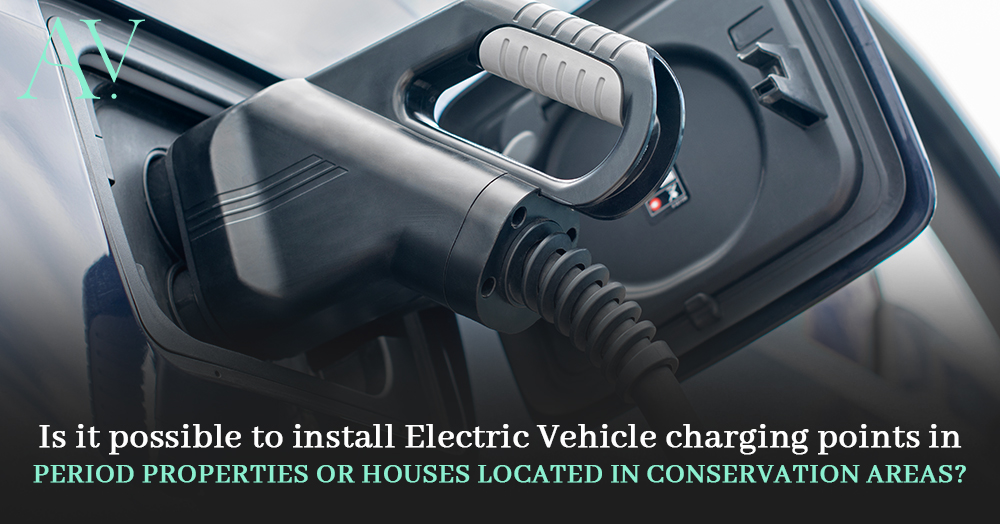We all try to do our bit to help the environment, making better choices about single-use plastics and recycling. So when it comes to driving a vehicle, knowing that exhaust fumes and emissions damage the planet, an electric car is an obvious choice.
Switching to an electric vehicle (EV) has environmental and financial benefits, from lower emissions to savings on road tax and congestion charges. However, here’s what to consider about charging:
Home Charging Points 🏠🔌
- A home charging point makes recharging easy, but not all properties can accommodate one.
- Listed properties or homes in conservation areas often require planning permission for external changes like EV chargers.
Challenges for Flats and Apartments 🏢
- Many flats lack dedicated parking spaces, making private chargers difficult to install.
- Building owners might fit communal charging points, but this depends on the freeholder’s approval.
Planning Permission in Conservation Areas 📜
- If you live in a conservation area, you’ll likely need approval from the local authority for an EV charger.
- Applying for permission is typically straightforward, but neglecting this step could cause delays if you sell your home later.
Alternative Charging Solutions 🔋
- Nearby public chargers, garages with rapid charging points, or shared facilities could be viable options.
Future-Proofing Your Home for EV Owners 🏡💡
- If selling your property, having an EV charger could attract buyers as EVs become more popular.
